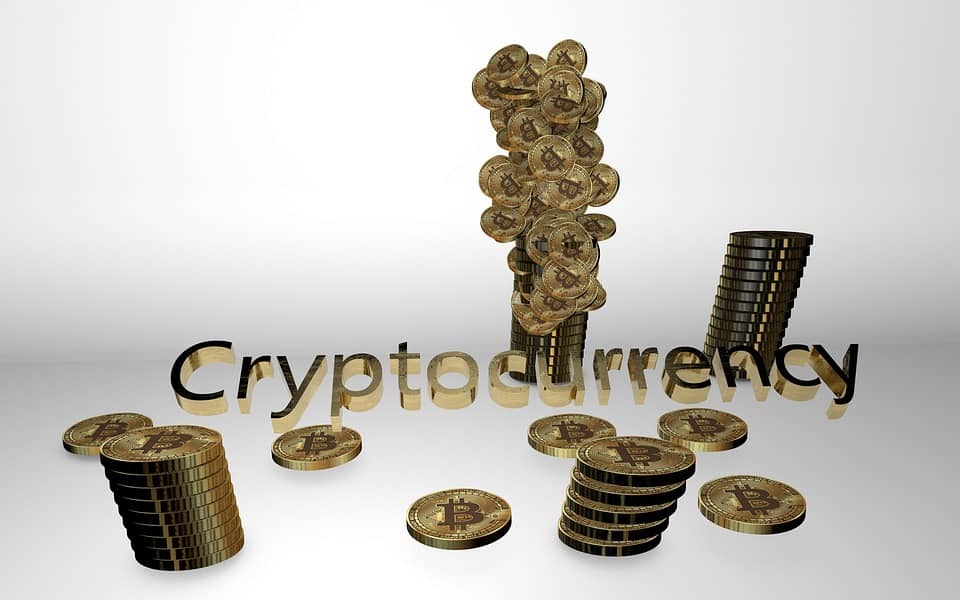The Future of Trading: How Decentralized Exchanges Are Reshaping the Industry
The rise of decentralized exchanges (DEXs) has sent shockwaves throughout the financial sector, challenging traditional trading practices and offering a new level of transparency, security, and accessibility to investors and traders. As the landscape continues to evolve, DEXs are poised to reshape the industry in a significant way. In this article, we’ll explore the future of trading, the benefits of DEXs, and what to expect from this rapidly emerging space.
What is a Decentralized Exchange (DEX)?
In simple terms, a DEX is a digital marketplace where users can buy and sell cryptocurrencies, tokens, or other digital assets directly without the need for a centralized authority or intermediary. Decentralized exchanges are built on blockchain technology, leveraging smart contracts to automate trades and ensure the secure, transparent, and fair transfer of assets.
How Do Decentralized Exchanges Differ from Traditional Exchanges?
Traditional exchanges, also known as centralized exchanges (CEXs), have been the norm in the financial industry for centuries. They operate under the auspices of a governing authority, which oversees trade transactions, sets rules and regulations, and maintains records. In contrast, decentralized exchanges operate independently, governed by the blockchain and facilitated by smart contracts.
Some of the key differences between CEXs and DEXs include:
- Centralized vs. Decentralized: Traditional exchanges are controlled by a central authority, while DEXs operate independently and autonomously.
- Control and Regulation: Centralized exchanges are subject to regulations and oversight, while decentralized exchanges operate outside the jurisdiction of governments and traditional authorities.
- Transaction Recording: Traditional exchanges record transactions on a centralized database, while DEXs rely on blockchain technology for a decentralized and transparent recording system.
- Market Forces: Centralized exchanges operate under the influence of traditional market forces, while decentralized exchanges are driven by community-driven market forces, resulting in a more competitive and efficient market.
The Benefits of Decentralized Exchanges
DEXs offer a range of benefits that are revolutionizing the way we trade, including:
- Improved Transparency: Decentralized exchanges provide a transparent, real-time view of the trade data, allowing users to verify transactions and monitor the performance of their assets.
- Increased Security: Blockchain technology and smart contracts provide an additional layer of security, making it nearly impossible for hackers to compromise or manipulate trade data.
- Lower Fees: DEXs often operate on a peer-to-peer model, eliminating the need for intermediaries and resulting in lower fees for traders.
- Accessibility: Decentralized exchanges allow anyone with an internet connection to participate in the market, regardless of their geographic location or financial background.
The Future of Decentralized Exchanges
As the decentralized exchange ecosystem continues to evolve, several key trends are emerging, including:
- Decentralized Finance (DeFi): Decentralized exchanges are playing a pivotal role in the rise of decentralized finance, a concept that seeks to eliminate traditional financial intermediaries and establish a new, transparent, and secure financial ecosystem.
- Cross-Border Trading: Decentralized exchanges are enabling the free flow of capital across borders, facilitating international trade and investment.
- AI-Powered Trading: Advances in artificial intelligence are revolutionizing the trading process, enabling DEXs to offer more sophisticated market analysis, predictive modeling, and automated trading strategies.
Conclusion
Decentralized exchanges are reshaping the financial industry, offering a new level of transparency, security, and accessibility to investors and traders. As the landscape continues to evolve, it’s clear that DEXs are poised to play a crucial role in the future of trading. With their focus on community-driven market forces, decentralized exchanges are building a more competitive, efficient, and inclusive market. Whether you’re a seasoned investor or a newcomer to the world of trading, the rise of decentralized exchanges offers a compelling reason to be excited about the future.
FAQs
Q: What is a decentralized exchange (DEX)?
A: A decentralized exchange (DEX) is a digital marketplace where users can buy and sell cryptocurrencies, tokens, or other digital assets directly without the need for a centralized authority or intermediary.
Q: How do decentralized exchanges differ from traditional exchanges?
A: Decentralized exchanges operate independently, governed by blockchain technology and smart contracts, whereas traditional exchanges are controlled by a central authority, regulated by governments, and subject to oversight.
Q: What are the benefits of decentralized exchanges?
A: Decentralized exchanges offer improved transparency, increased security, lower fees, and increased accessibility to the global market.
Q: How do decentralized exchanges benefit investors and traders?
A: Decentralized exchanges offer investors and traders a range of benefits, including lower fees, increased security, improved transparency, and a broader range of trading options.
Q: What are some of the key challenges facing decentralized exchanges?
A: Some of the key challenges facing decentralized exchanges include maintaining liquidity, ensuring user confidence, and addressing regulatory issues.
Q: Are decentralized exchanges secure?
A: Decentralized exchanges use blockchain technology and smart contracts to ensure the security of transactions, making them one of the most secure options for trading digital assets.

Leave a Reply